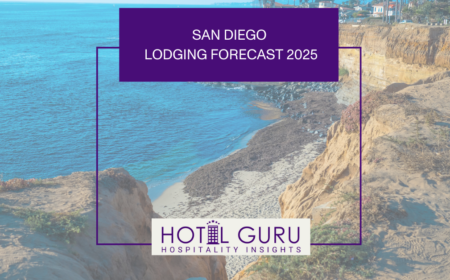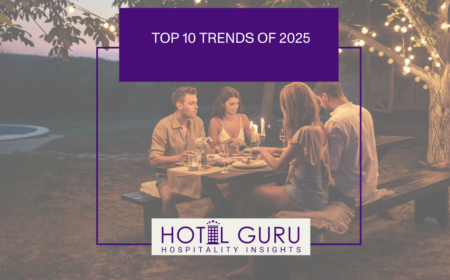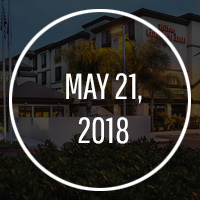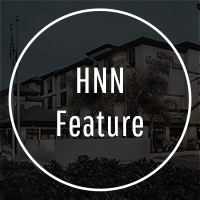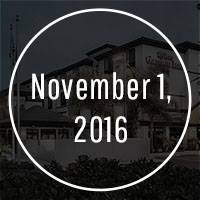Insights on the Ever-Changing Digital Marketing Landscape
By Sarah Andersen & Molly Sinclair
Facebook has changed
Facebook is still currently the #1 social media platform in the United States, with an impressive 68% of American users. Compare that to the 35% of Americans using Instagram, 29% using Pinterest, and 24% using Twitter, and it is clearly still a crucial component to every digital marketing strategy.
However, we are seeing some major shifts in social media platform usage as the dust from the 2018 Facebook data privacy scandal settles. Facebook data of up to 87 million people was improperly shared with the political consultancy Cambridge Analytica and the site removed 583 million fake accounts. In 2019, data privacy has moved front and center into the awareness of the average online user and there is little doubt that Facebook has recognized this increased expectation for more control over who uses our data.
How has this affected the digital marketing landscape one year later for the hospitality industry?
– Video marketing, mobile adaptability, and mobile apps have now become the center of attention for digital marketers. YouTube just replaced Facebook as the second-most popular website globally, while Google remains first. Stay current by including short clips under 1 minute within your strategy,
– “Stories” on Facebook, Instagram, and Messenger are taking the spotlight from regular posts. Be sure to include stories in your campaign in 2019, and you do not have to worry about oversharing too many posts.
– There is a shift on Facebook regarding demographics as the platform continues to trend downwards with younger demographics. Keep your attention focused on your target market to have the most success in your campaign.
– Instagram, the image and video-based social media platform owned by Facebook, is optimized to make it very easy for users to share photos and videos from their phone. Hotels need to focus on creating visually engaging content to catch the attention of all demographics.
Reputation Management Score
Everyone is now reviewing, all the time. Sites like Booking.com, Expedia.com and TripAdvisor have made it easy for guests to rate their latest night’s stay. With that, more and more travelers are checking reviews before making a booking and they base a large part of their decision on the hotel’s reputation. According to New York University and TrustYou, the inventor of the Meta-ReviewsTM and global online reputation management leader, 95% of respondents report reading travel reviews prior to booking. These reviews are an integral part of the purchase so it is necessary to first understand what is being said about your property online, as well as actively improve your hotel’s reputation.
How can digital marketers increase their reputation management score?
– Before adopting any kind of marketing strategy, it’s important for hoteliers to thoroughly analyze past performance and experiences, especially from a guest’s point of view. There’s no better way to anticipate what the next guest will react positively (or negatively) to than to analyze the opinions of past ones.
– Take the time to respond to both good and bad reviews. Responding to negative reviews may redeem your hotel in the eyes of the reviewer and other potential visitors reading old reviews. Responding to positive reviews not only encourages loyalty and turns those guests into brand ambassadors, but it also leaves a good impression on other prospective guests scrolling through old reviews.
Social Media Management
In an information age where data can quickly become overwhelming, people have to pick and choose where their attention lies. Marketers have been using social media platforms like Twitter, Instagram, and Facebook to promote their businesses for years now, and if managed correctly, can work fantastically for promoting hotel business. However, these days, many marketers find their organic growth from social media is stagnant. Every new discovery or algorithm update has the potential to impede on our ability to connect with our guests.
How can digital marketers get guests to stop and look at what your hotel has to offer?
– Use high quality photos. Aesthetically pleasing photos are better than an event flyer, for example.
– If you’ve ever taken an art class or have read anything about photography composition, then we’re sure you have seen something about the rule of thirds. An image should be imagined as divided into nine equal parts by two equally spaced horizontal lines and two equally spaced vertical lines, and that important compositional elements should be placed along these lines or their intersections. Doing so creates more tension, energy and interest in the photo than simply centering the subject.
– To avoid potential guests seeing your photos in low-res, upload files with at least 1000 pixels on the long side. Upload to Facebook with a minimum of 2000 pixels on the long side should someone want to view your posts on a full screen.
– To make your images ‘pop’, without over-enhancing them, try altering shadows, highlights, and vibrance.
– Update rooms, amenities, meeting space, lobby photos at least every 5 years. Updating these photos will keep your hotel fresh and current in the eyes of the guests. If you make any improvements or renovations, update them right away!
Using these current digital marketing practices will give your hotel the opportunity to get your content seen, leading to more bookings. Good luck!
